Engineered Hardwood in the Kitchen (Pros and Cons)

Engineered hardwood flooring in the kitchen is beautiful and can cost way less than traditional hardwood. Engineered hardwood flooring refers to the product made from a core of hardwood or plywood of about three to twelve layers, which are pressed together by means of cross-layering and gluing. There is a top layer of hardwood veneer glued on the core’s top surface. This kind of flooring is available for almost any kind of wood species. Visit this page for more info about the pros and cons of solid hardwood floors in the kitchen.
An advantage of engineered wood floors is that they are more resistant to moisture levels compared to solid wood flooring. In this connection, they can be installed in damp basements or spaces with higher or lower humidity than normal levels. They can be easily installed by directly gluing them down over the dry concrete slabs on top or below grade, or stapling them down over the wood subfloor.

Upload a photo and get instant before-and-after room designs.
No design experience needed — join 2.39 million+ happy users.
👉 Try the AI design tool now
Engineered hardwood floors come in a variety of widths from three to seven inches and in different thicknesses from three-eighth to three-fourths of an inch. They also come in various domestic and exotic hardwood species. These kinds of wood floors are manufactured in two ways. Firstly, the sliced or sawn cut, wherein the top surface wear layer is cut from the log, shows a natural appearance of wood and projects a finer graining. Also, this kind of cut can allow a thicker wear layer. Secondly, the rotary cut wherein the veneer hardwood wear layer is being peeled off the log using using big lathes. Its peeling method can have wilder grain.
Engineered Wood Floors Pros and Cons
Pros
Stunning Aesthetic at a Lower Cost – Looks amazing and costs much less than solid wood floors.
Nearly Indistinguishable from Solid Hardwood – Modern engineered wood floors are virtually indistinguishable from solid wood flooring.
Extensive Selection of Styles & Finishes – Wide variety of wood types and finishes available, and an impressive variety of wood species, stains, and finishes to match any kitchen design.
Refinishing Potential – Can be sanded and refinished repeatedly, but not as frequently as solid wood floors.
Superior Moisture & Climate Resistance – Generally more receptive to changes in weather, and more resistant to moisture and humidity than regular wood flooring- Can be installed over under-floor heating unlike real hardwood.
Cons
Not Genuine Solid Hardwood – It is not real solid wood flooring which may be an irritation to some people.
Shorter Lifespan Compared to Solid Wood – The lifespan of engineered wood flooring is not nearly as long as real wood.
Potential for Moisture Damage in Extreme Cases – Although more moisture-resistant than solid wood, prolonged exposure to standing water (from leaks or frequent spills) can still cause swelling or delamination if not promptly addressed.
Thinner Wear Layer Limits Long-Term Use – The surface may have a very thin veneer, reducing the number of times it can be refinished before needing a replacement.
It is important to know your own demands regarding the flooring of your kitchen. Be aware of what type of materials you want installed. If the preferred area for the new flooring will be frequently walked through and encounter daily foot traffic, then the engineered floor is most likely the best choice. In this way, you will have less maintenance. With its thick wear layer, you can just sand and refinish the floor if needed. An area that is not being walked through many times does not necessarily need a thick wear layer. Indeed, engineered floors are very durable for areas receiving much more foot traffic.
Engineered wood is regarded as most closely aligned to a solid hardwood. It also has a resemblance when it comes to the price. By using it, the resale value of the house becomes higher as well. With regards to installation, it is of moderate difficulty. It goes through the process of stapling and gluing to the subfloor, just like the solid hardwood. Still, there is a possibility of purchasing floating engineered flooring, which can float independently on the subfloor. Mostly, these kinds of floors can be installed in any room except rooms that are highly prone to moisture like bathrooms. The product is made out of wood, which has little conduction to cold, making the surface warm for comfort.

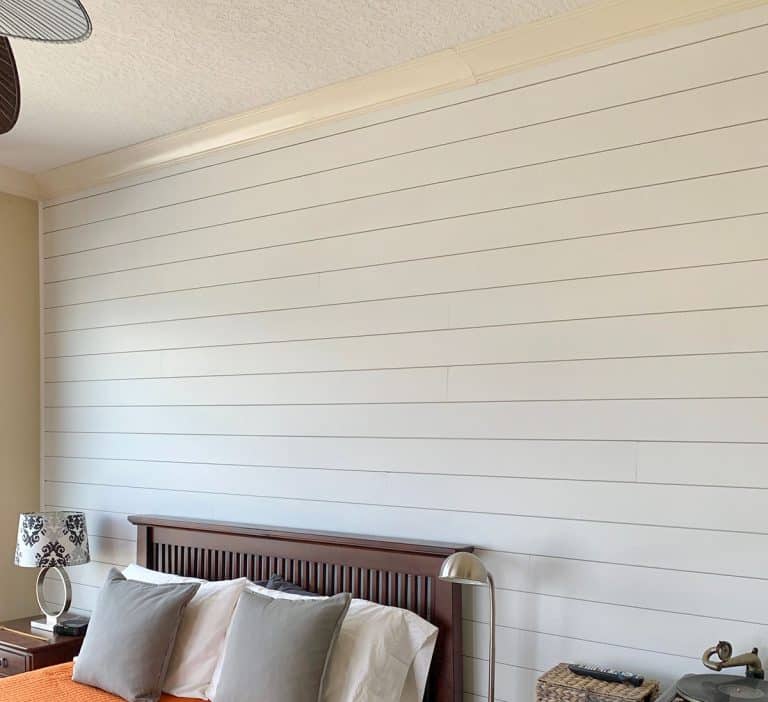
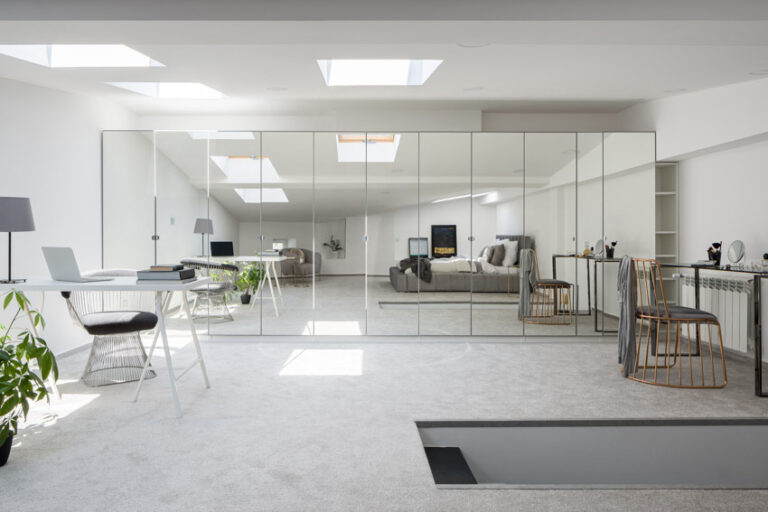
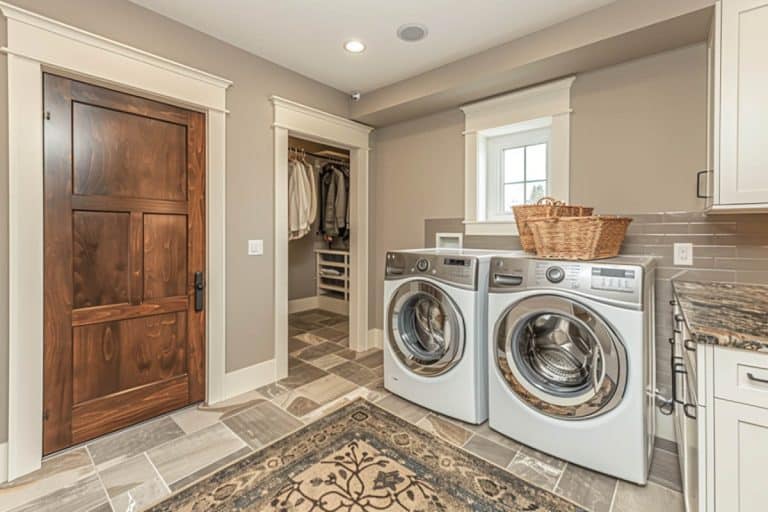
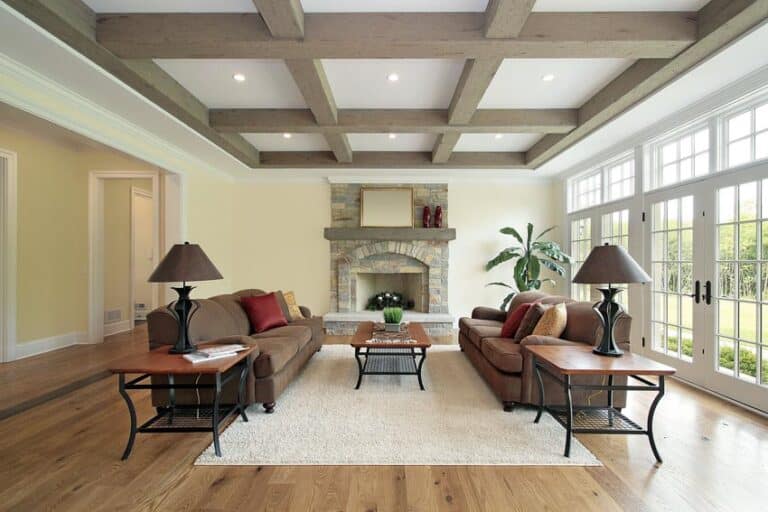

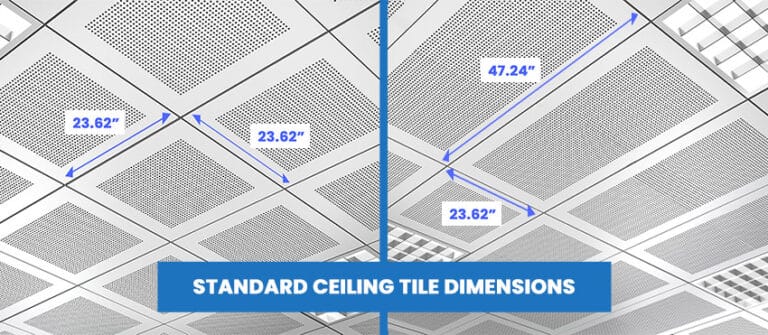
I am wondering about engineered hardwood versus Luxury Vinyl planking for my kitchen and bathroom. Are there serious reasons to lean one way or the other? Thanks.
Do not put engineered hardwood in kitchen. It is very susceptible to moisture. Any spoils or dropped ice cube or anything will damage if not immediately wiped up.